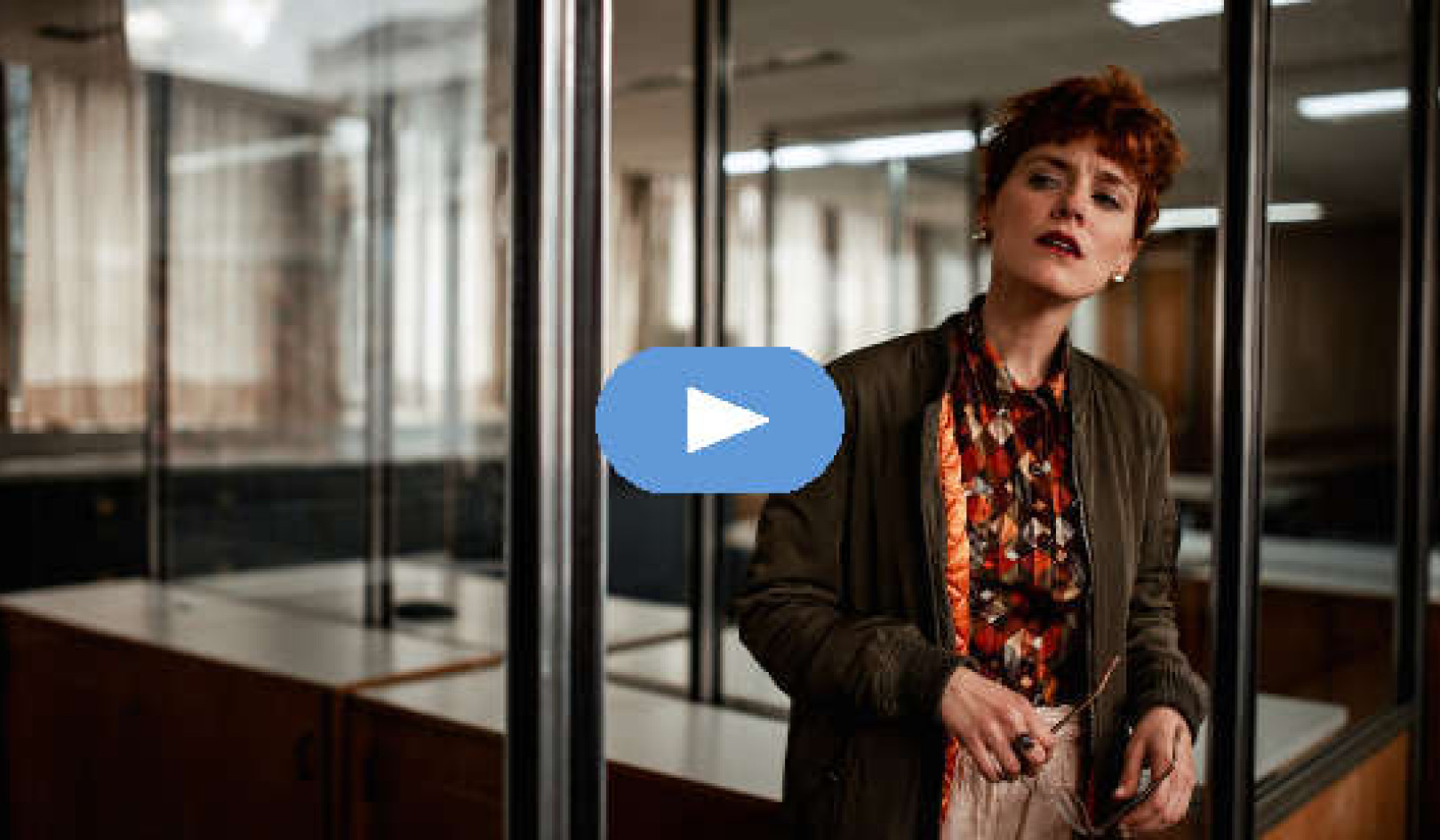Many people who are struck with sudden, progressive or terminal illness are kept alive mechanically, while families and doctors make decisions about treatment. As a researcher in medical law, particularly end-of-life decision-making, I have seen how this can become a minefield of legal and ethical problems.
UK law allows people to plan in advance of any debilitating illness, and thus have some control over future treatment. This is known as “advance decisions”. While these laws are in place, research shows the majority of people disregard or defer the discussions primarily because they do not know how to raise them, or what to expect.
While planning for your eventual demise probably sounds as fun as pulling teeth, it can be empowering. Following from my recent book, here are five tips for how you can use the law to help you plan for what you want in the future – and make your voice heard when you may no longer have one.
1. Gather information from experts
First, you must think, gather information and talk to experts about how life can unfold in the case of progressive illness. This is important whether you are well but thinking about future incapacity, or whether you have actually been diagnosed with illness.

You should talk to someone who has expertise in both medicine and law in crafting your advance directives. Billion Photos/Shutterstock
A solicitor with expertise in advance directives can help you understand important laws, such as those that dictate when a person has sufficient “mental capacity” to make lawful decisions. Lawyers can help you draft your will, and advise on how to protect or pass on your estate – including hidden costs. They can also help you nominate someone to make medical decisions for you when you become incapacitated, and decide the limits of their power. Do not just assume that your family members automatically have the power to decide for you legally.
If you are ill, ask a doctor to inform you how your condition will progress so you can decide how you will deal with future events. For example, with dementia and other progressive illnesses, you must consider what quality of life you would tolerate. Similarly, in the case of pain, what treatment you would accept or refuse?
Think big picture about your future life. Would you trade quantity of life for quality, opting for less time but with better quality of life?
2. Setting your decisions in stone
Now you have made some important decisions, the next step is about making these decisions clear in the right way, to the right people, and at the right time.
I have documented many cases across England and Wales where advance directives are disputed because they are invalid or inapplicable and there is a dispute about whether they are still legally able to make decisions. Considering your health, you may want to get a formal assessment of your mental state and ability to make decisions. You should record any conversations you have in writing. Documents that show you have been supported (by friends, family or professionals) in your decision-making boost the validity of your choices, making them more binding for healthcare professionals.

A written record can help provide legal proof of your decisions. photo DDD/Shutterstock
Legally, just revealing your treatment preferences to your doctor or friends is not enough. Writing things down is important, though never easy. Ask family or friends to support you in this process. If a loved one is aware of the choices you have made they are less likely to object to your medical decisions because they have been part of the decision process.
3. Update when your situation changes
Many people are caught out when their personal situation changes, but they have failed to update their advance directives to reflect this – such as changing romantic relationships. Family conflict by your bedside is the last thing you want. Even if your circumstances are the same, regularly update to avoid “what was I thinking?” moments when it’s too late.
4. Make sure it gets found
Inform your family, doctors and lawyers what your advance directives are and where to find them. If the right people don’t have access to your directives, they are useless. In a recent example, the family of a Warwickshire woman was granted a £45,000 payout after she was kept alive for 22 months against her will – as the relevant documents had been misplaced.
5. Don’t forget your online life
Discussions on social media about how you wish to spend your twilight days may help as supporting information to ensure the wishes in your advance directives are strengthened. You should also think about who you want to be granted (or denied) access to your online accounts and social media after your death. Streamlining this process, you can now create a social media will online.

Someone will probably end up with your smartphone - better make sure it’s the right person. Nicoleta Ionescu/ Shutterstock
Drafting an advance directive is an exercise in liberty. It allows our beliefs and preferences to be made clear even when we are physically or mentally unable to express them ourselves. An advance directive is our voice when we no longer have one. Use your voice wisely.![]()
About the Author
Hui Yun Chan, Senior Lecturer in Law, University of Huddersfield
This article is republished from The Conversation under a Creative Commons license. Read the original article.

Related Books:
The New Aging: Live Smarter Now to Live Better Forever
by Dr. Eric B. Larson
This book offers practical advice for healthy aging, including tips for physical and cognitive fitness, social engagement, and finding purpose in later life.
Click for more info or to order
The Blue Zones Kitchen: 100 Recipes to Live to 100
by Dan Buettner
This cookbook offers recipes inspired by the diets of people in the world's "blue zones," where residents commonly live to 100 or older.
Click for more info or to order
Aging Backwards: Reverse the Aging Process and Look 10 Years Younger in 30 Minutes a Day
by Miranda Esmonde-White
The author offers a series of exercises and lifestyle changes to promote physical fitness and vitality in later life.
Click for more info or to order
The Longevity Paradox: How to Die Young at a Ripe Old Age
by Dr. Steven R. Gundry
This book offers advice on healthy aging, including tips for diet, exercise, and stress management, based on the latest research in longevity science.
Click for more info or to order
The Aging Brain: Proven Steps to Prevent Dementia and Sharpen Your Mind
by Timothy R. Jennings, MD
The author offers a guide for maintaining cognitive health and preventing dementia in later life, including tips for diet, exercise, and stress management.























